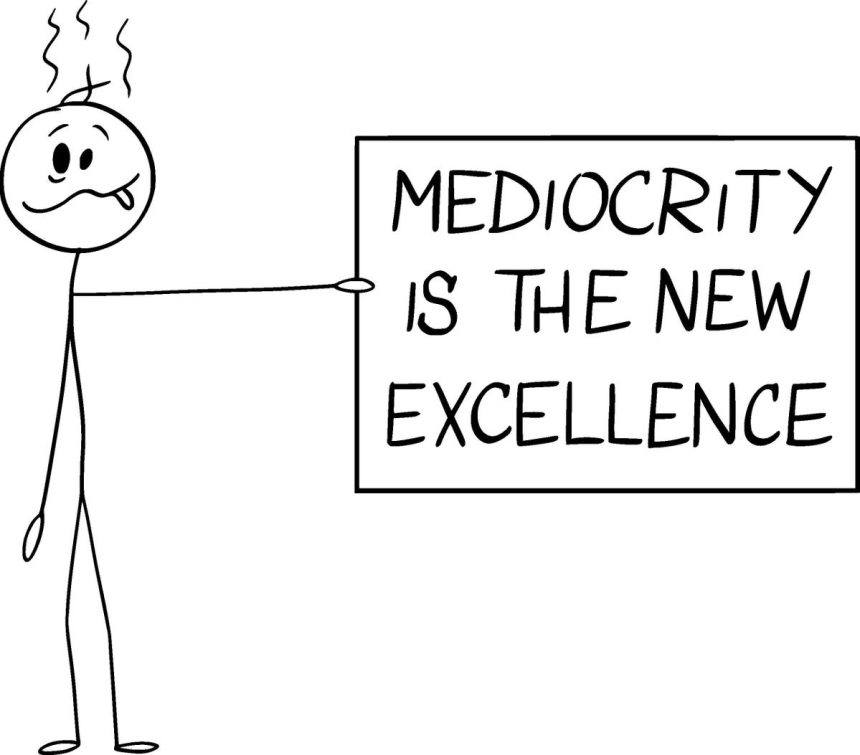The prevailing wisdom is that there is a shortage of venture capital (VC). Is this “wisdom” true? It depends on how you measure the shortage. If the “shortage” is measured based on entrepreneurs seeking capital, then yes. There is a shortage.
Entrepreneurial hopes always exceed the capital available. Entrepreneurs want growth. Growth requires skills or capital or both. Instead of skills, most entrepreneurs seek capital. Specifically, they seek early VC, which, unfortunately, is the wrong strategy:
· Early VC is scarce and has been used by only 6% of billion-dollar entrepreneurs. Entrepreneurs should be using the vast array of potential financing sources that are more readily available.
· 94% of billion-dollar entrepreneurs took off without VC by using finance-smart skills. Business schools and all the assorted venture experts should focus on this method.
Is there a shortage of capital?
As long as entrepreneurs focus on capital over skills, there will be a shortage of capital. Is there also a shortage based on the productivity of capital, i.e., based on financial returns?
#1. Only about 2% of VCs earn 95% of VC profits. 98% are average or mediocre.
20 VCs are said to earn about 95% of VC profits. Since the number of VC funds in the U.S. is estimated at about 1,000, this suggests that about 2% do very well and 98% are average or mediocre – they fail to live up to the lofty reputations of financial genius that VCs have self-promoted. Interestingly, SPAC promoter Chamath Palihapitiya notes that only about 10% of VCs make money. The rest are said to be money losers with a lot of their profits being phantom profits that their investors really do not see.
#2. VCs need homeruns if they want to succeed. VCs finance very few home runs.
Even the top VCs fail on about 80% – 90% if their ventures, according to one of the most successful VCs in the U.S. The top 2% earn high returns because they finance home runs. VCs need home runs to do well, and most VCs stink because they do not fund home runs. If there were a real shortage, wouldn’t more VCs finance home runs?
#3. VCs mainly succeed in Silicon Valley. VCs outside Silicon Valley are not as productive.
Most data shows that the Top 20 VCs are in Silicon Valley. This suggests that VC outside Silicon Valley do not do well. Silicon Valley has developed an ecosystem that churns out unicorns. The others have many experts and governments wasting money hoping to emulate this ecosystem.
#4. Entrepreneurs need to get to Aha! VCs do not know how you can get to Aha!
VCs finance after Aha, i.e., after potential is evident. Before Aha, many can point out all the flaws – but identifying potential winners is a guess – even Steve Jobs and Google were rejected by more than 10 of Silicon Valley’s finest VCs. You must get to Aha on your own – with your strategy and your skills to beat your competitors and create venture value. The problem is exacerbated by entrepreneurs who follow the VC method of focusing on the opportunity, entry strategy, and VC – rather than on the Unicorn-Entrepreneur method of finance-smart skills and bootstrapping growth strategies.
#5. Business schools focus on the VC-method, which helps about 20/100,000 ventures.
Can business schools be more productive? Most business schools teach opportunity analysis, strategy development, and VC financing. As noted above, this VC-method helps few entrepreneurs and few VCs, mainly in Silicon Valley.
#6. VC analysis seems to be deteriorating. Is too much VC creating FOMO?
VC Brian Grossman invested $96 million in Theranos and lost a lot of it. His due diligence is said to have raised a number of questions. But he still went with his instinct, due to FOMO (fear of missing out). Are these VCs sacrificing their analysis due to desperation – due to too much VC chasing hype?
#7. Are VCs sticking to the knitting?
VC has succeeded in emerging industries, such as Uber, or in high-margin ventures, such as Google. Masayoshi Son has lost $32 billion in VC. Without the circumstances of an emerging economy (China) or an emerging industry (telecom), even a great entrepreneur like Son has struggled. Is that because of too many VCs chasing too few great deals?
#8. VC returns and funding fluctuate with stock market exuberance. Is this skill or luck?
The Top 2% seem to have the talent to build unicorns at all times. The others seem to need Wall Street exuberance.
.
VCs love hype because it creates profitable exits even for turkeys.
MY TAKE: Entrepreneurs should focus on unicorn skills to build real unicorns. But this is hard work – and most seem to prefer the hype and salaries of VC – even though very few entrepreneurs benefit from VC. It is unfortunate that business schools are following this hype and neglecting finance-smart skills.
Read the full article here


